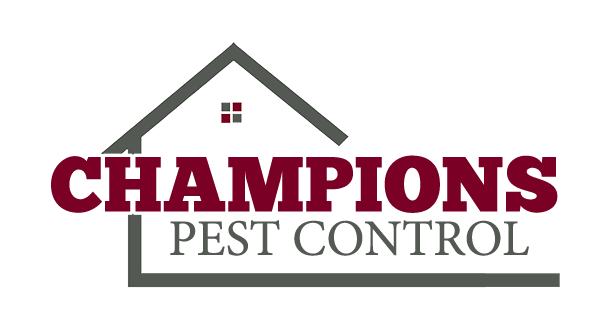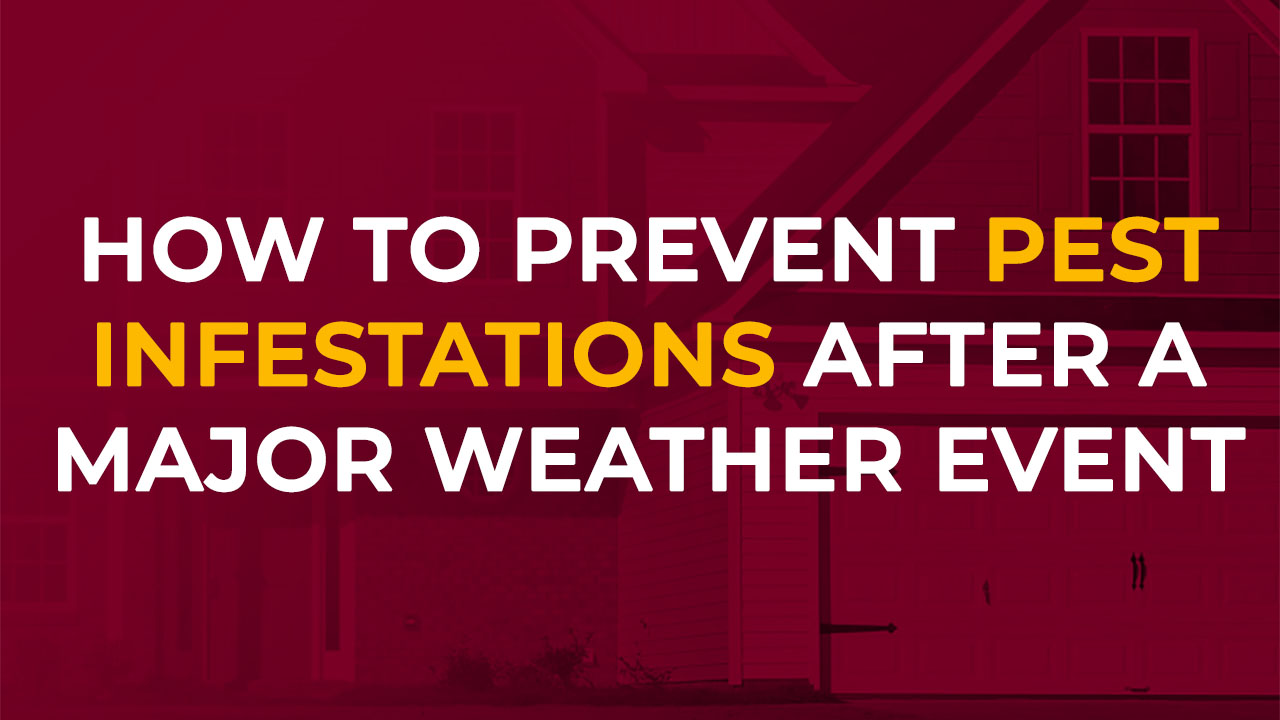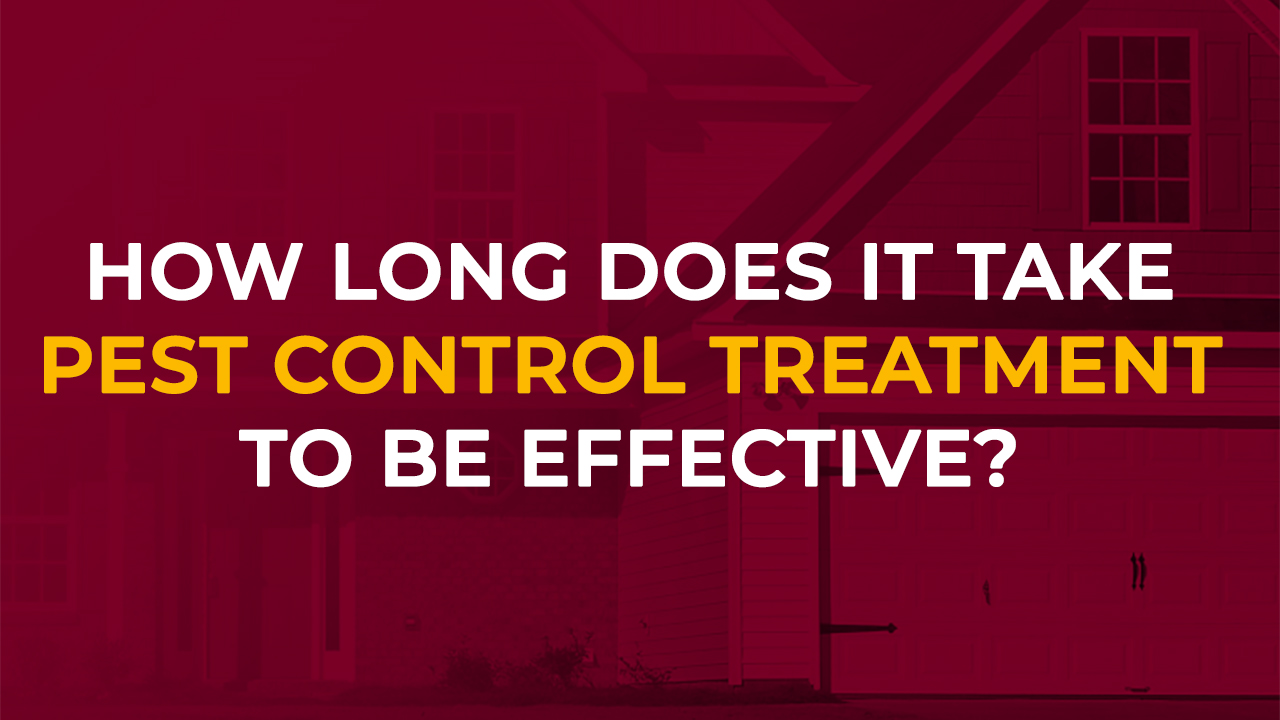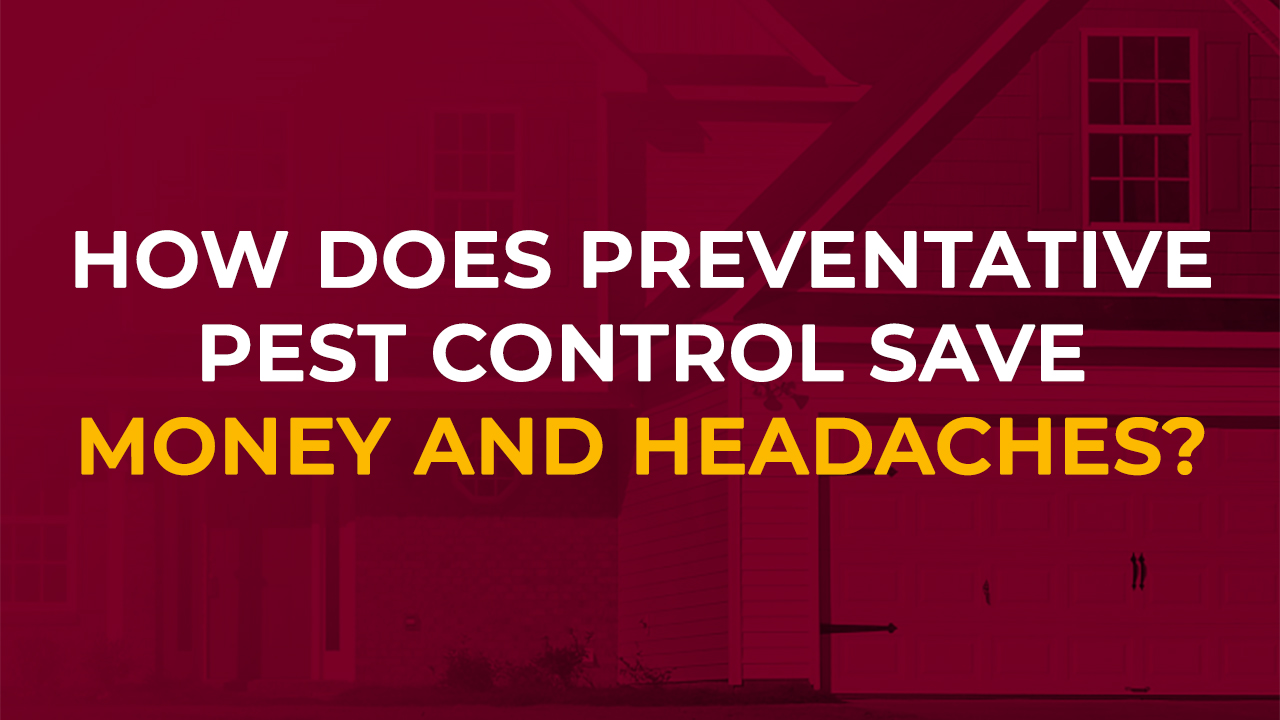If the ever-unpredictable Texas weather has finally settled in on spring, we should start seeing some beautiful flowers, sunny days, blue skies, and perfect temperatures. Of course this is Houston and that also means spring brings not just warmer weather, but spring showers and humidity. Anyone who has lived in Houston for a decent amount of time knows that can only mean one thing—Texas size mosquitos.
HERE COME THE BUGS
Yes, everything is bigger in Texas but not just our mosquitos. The warm weather brings many other insects out of winter hibernation and, if you aren’t careful, your home could be their shelter the rest of the year.
At Champions Pest Control, we believe being proactive about preventing insect infestation is the best way to defend your home and keep your yard pest free. The best way to be proactive is to know about the most common pests in Houston and what you can do to make your home uninviting to them.
Take a look at our two spring guides that will help you guard your home against the oncoming pest season. Our guide to spring cleaning and battling the top three insects in Houston will benefit you all year long.
KITCHEN
The kitchen is one of the first rooms insects will be drawn to if you don’t keep it tidy and neat. This room is targeted the most by insects because it’s the main stash of food and water which insects seek first and foremost. It doesn’t take much to draw them in from outside; fruit on the counter, a few drops leftover from a spill, or crumbs in the toaster. Even though you may be a generally clean and tidy person there are still some extra precautions you can take to make your kitchen less inviting to pests.
- Empty your cabinets and pantry and throw away old spices and baking items such as flour and cornmeal. Ants, beetles, and other insects are heavily drawn to these food sources.
- Next, you want to wipe down your cabinets with a mixture of 1 tsp orange oil and 1 gallon of water and let them dry before putting everything back.
- Your next move is to pull appliances forward from the backsplash and vacuum crumbs and dirt and then scrubdown your countertops.
- Finish off by giving the floor a deep scrubdown with a mixture of 1 part Lysol, 2 parts water. Now your kitchen will not only smell fresh but also be the last place insects will target for food.
BATHROOM
The bathroom is a perpetual water source for many insects, especially cockroaches and silverfish because they love humid and moist environments. It is actually the second most infiltrated room in a house for most insects. The easiest way to avoid attracting them to your bathroom is to eliminate as much water and moisture as possible and keep the shower curtain clean. Without water or moisture cockroaches and silverfish will not live longer than a week. Bug-proofing your bathroom might also help gain an early detection of plumbing issues as you’ll want to check under sinks and toilet bases for excess water, which could be the sign of a serious plumbing issue.
PATIOS, ROOF, DECKS
Once you complete your spring cleaning inside, you will want to do a thorough inspection around the perimeter of your home. You should be looking for any damaged wood, or missing or rotted shingles as insects are drawn to these things. Also, make sure to clean out gutters and drains so they flow properly when the spring showers come. Weatherstripping and loose mortar and seals around foundations need to be repaired as well as it gives easy access to pests.
Patios and decks need similar care— check for rotting wood, eroding soil beneath the patio or deck foundation, and seal your decking to prevent rot. As far as landscaping, trim hedges and trees away from your home so insects don’t have a natural bridge right to your roof or windows. Any rotted stumps need to be ground down and the remains disposed or used as mulch at least 18 inches away from your foundation.
KNOW THE THREE BIG BUGS OF SPRING
Every region has its fair share of all pests, but each region also has its variety of a handful of pests that are dominant in their respective region. In Texas, we have three main insects that seem to dominate the service calls we get sent out to deal with in the Houston area.
CARPENTER ANTS
Carpenter ants are large, black ants that habitate and thrive off rotting or waterlogged wood. Given the low altitude of the Houston area, there is plenty of that around for them to dominate. If you have ever seen piles of wood shavings that look similar to sawdust, then you are probably close to their tunnel entrance.
Carpenter ants can easily wander up to 100 yards from their nest in order to forage for food and water, so you don’t necessarily have to live nearby a bayou or wooded pond to encounter a problem with them. Carpenter ants aren’t merely annoying, they can also cause serious damage to anything made of wood, including your home if they penetrate the walls. Keep what draws them away from your home—firewood, brush piles, tree stumps, and any other dead wood.
MOSQUITOES
Mosquitoes are a common pest, but in Houston with our humidity and semi-tropical climate, mosquitoes here take on legendary status in aggressiveness and size. Early spring is when they mature from larvae often with several generations in just one season. Once mosquitoes mate, males often crave nectar from fragrant flowers while the females prefer blood for the hemoglobin they need to be ready to develop eggs again. These insects not only ruin summer activities when out of control, but also spread disease, such as the recent Zika and West Nile Virus outbreaks.
To keep them from setting up camp in your yard, make sure to eliminate standing water and have Champions treat your lawn with our proven mosquito repellant and insecticide year round.
FLEAS
With our many wooded areas surrounding the urban Houston area it is no wonder fleas are on our top list of Texas pests. Fleas are ectoparasites which mean they live on the outside of their hosts, usually your cats and dogs as well as other animals. Fleas not only affect wildlife but humans as well with their tiny bites that are quite irritable. Fleas can go from a tiny one flea problem to a full blown infestation in the thousands very quickly. Proactive and preventative measures are the only way to make sure you don’t go through that. Keeping pets bathed regularly and treated with flea medicine helps, as well as planting lavender around your yards perimeter and applying lavender oil to pet’s coats. Lavender is a natural flea repellant due to its scent which, while pleasurable to humans and animals, is putrid to fleas.
THE BEST ACTION IS PREVENTATIVE ACTION
Don’t wait until you have a pest problem to deal with these insects and more. By the time you notice you have a bug problem, it’s usually already well past infestation and will cost more to eradicate. Call Champions Pest Control and set up a consultation for year round preventative pest control care for your home and eliminate the problem before it happens. Contact us today!
